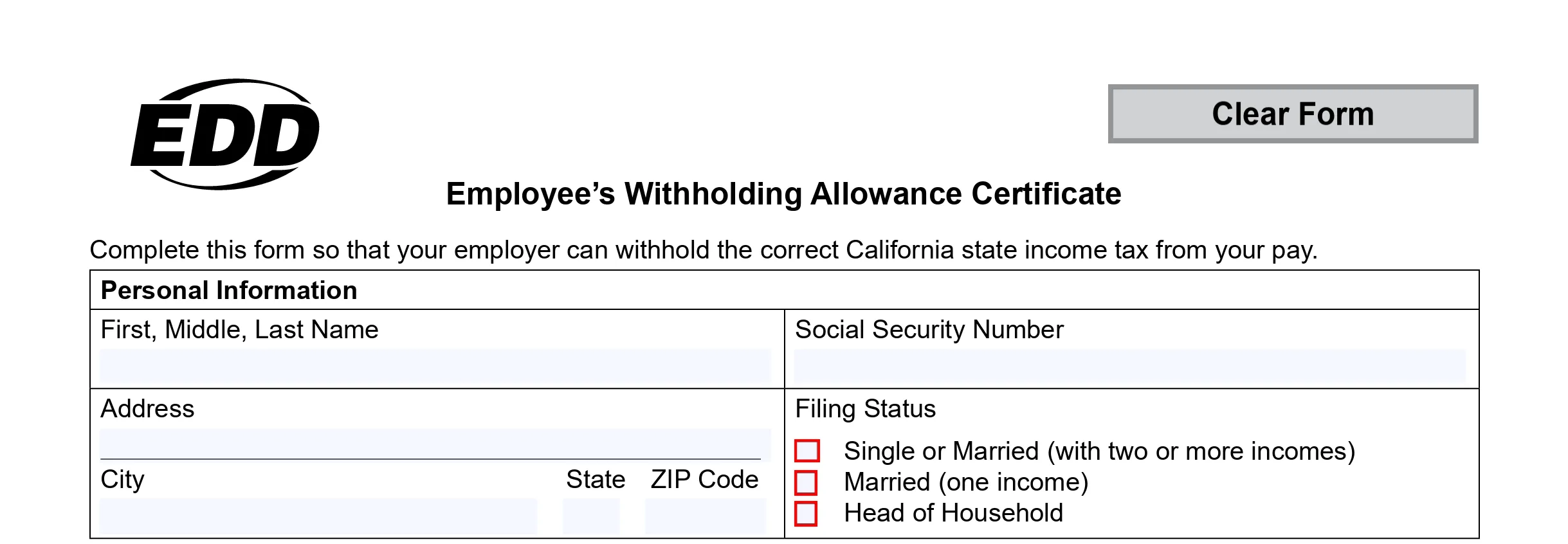Retirement Plans. Which one is right for me?
As a business owner, you've got choices!

I want to provide you very important information about the Retirements Plans. Let’s go!
Roth IRA
Pay taxes now, enjoy tax free distributions later
- No minimum distribution
- Can leave amount in Roth IRA as long as you live
- Contribution limit in 2020 is $6000
- Additional Catch-up contributions of $1000 for age 50 and older
- Can make Contributions to a Roth IRA after you reach age 70 ½
- Can do an employer match
- Other restrictions apply
Regular IRA
- Can contribute $6000/year
- Tax deductible now, pay taxes when you withdraw money
- No employer match
- Catch-up contributions of $1000 for age 50 and older in 2020
- You must start taking Distributions by April 1 following the year on which you turn age 72 (unless you are currently 70. Ask for different rules)
Simple IRA
- Allows DOUBLE the contribution of a regular IRA. you can away 100%of what you wake up to $13,000
- Plus 3% of wages or net income matched by employer
- Great for companies with lots of employees
- No employee minimum or maximum
- Employee can set up
- Additional Catch-up contributions of $3000 for age 50 and older
Self-directed IRA
- Not recommended because of many prohibited transactions. If you happen to accidentally fall within one of the prohibited transactions, then your entire deductions gets disallowed, and you get hit with penalties
SEP IRA
- Great if you don't have employees
- Funded by the company
- Can put away 25% of net income, up to $57000 in 2020, if you are self-employed
- Can also do if you are incorporated (S-Corp of a regular corp, or receiving a salary from a partnership)
- Fully tax-deductible NOW… pay taxes on money when withdrawn
- Catch-up contribution is $6500 for age 50 and older

Notes about IRA’s:
- If you file a joint return with a spouse, you may be able to contribute to an IRA even if you did not have taxable compensation as long as your spouse did. The amount of your combined contributions can't be more than the taxable compensation reported on your joint return. See the formula in IRS Publication 590 -
Can I contribute to an IRA if I participate in a retirement plan at work?
- You can contribute to a traditional or Roth IRA whether or not you participate in another retirement plan through your employer or business. However, you might not be able to deduct all of your traditional IRA contributions if you or your spouse participates in another retirement plan at work. Roth IRA contributions might be limited if your income exceeds a certain level.
401(k)
- Contributions up to $19500 (non-deductible for self-employed or incorporated)
- Plus, a 20% profit sharing up to a maximum contribution of $57000 tax-deductible
- Business must set up account
- Catch-up contribution is $6500 for age 50 and older in 2020
- Typically for employees
- Company can match contributions (deductible for company)
Roth 401(k)
- Same rules as 401(k), but funds are taxed when contributing
- Distributions are tax free
- Limits on age, filing status, and contributions
- You can convert a regular IRA or Roth 401(k)
- Pay taxes when converting, but bypass contributions limits
- Can do conversion in smaller parts, to distribute tax effect
- Can do a rollover every day
Defined Benefit Plan - worth considering if you are age 45 and older, making a lot of money.
- Hire an actuary (not cheap)
- Calculate retirement income needs
- Figure out how much you need to put away
- Maximum amount you can put away, depending on age and what you want, is $230000/year
Note: You should never make these investment decisions without talking to a qualified financial planner
Here are to some things to consider when hiring a financial planner:
- It's about the honor and integrity of the financial planner, not just the company
- Good reputation in the industry, been around for a while
- Usually a CPA or legal background
- Understands need of small business
- Not a ‘captive agent’ that can only recommend their company’s products
Need help? Let's talk.



